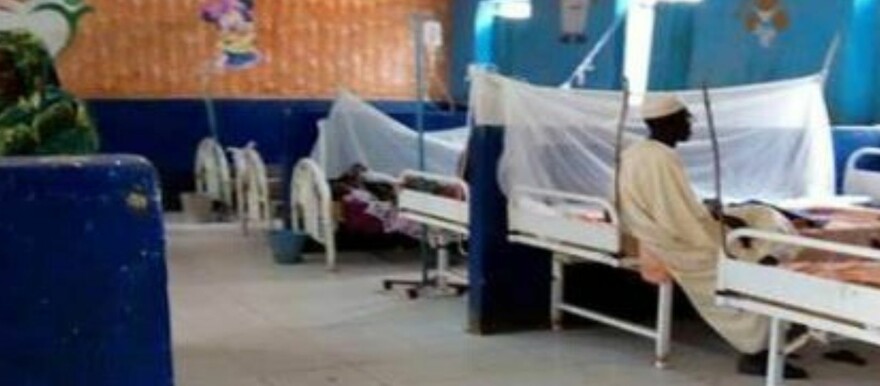A nutrition officer and the director of the Therapeutic Nutrition Center at El Geneina Teaching Hospital, Tijani Ahmed Fadil, has said that the United Nations Children’s Fund recently supplied therapeutic feeding materials to the health facility located in Sudan’s West Darfur State.
According to the health official, the center was affected by the ongoing war, and some of its equipment was looted and it had to cease operations until youth volunteers stepped in and helped reopen it.
“The center provides milk and therapeutic food which was given to us by UNICEF through Chad. Previously, the center had a warehouse but we lost it and its contents due to the war,” he explained. “The center now treats malnutrition cases and provides therapeutic nutrition services to all eight localities of the state for children under the age of five.”
Ahmed said that most of the injured children at the center come from the locality of El Geneina, especially from the neighborhoods of Al Shatti, Al Salam, Al Naseem, and Ermata. Others come from the areas of Morni, Kerenik, Forbaranga, and Habila, which had inpatient treatment centers that closed because of the ongoing war.
He revealed that nutrition officers at the center work voluntarily without compensation.
“Médecins Sans Frontières (MSF) committed to pay part of the incentives for the staff working at the center and provided us with other support,” Ahmed stated.
Ahmed clarified that the government does not support the center and it relies on UNICEF “which provided us with milk and therapeutic food that can last until the end of the year.”
“The most prominent obstacles facing us are that all the workers are volunteers and the future is uncertain because of the raging war,” he lamented.
According to Ahmed, malnourished children usually come from poor families and even the caretakers accompanying them need food and have challenges with transportation because some families come from far away.
“Due to security conditions, we discharge them at the end of the shift because we are unable to provide protection for the medical staff and the patients,” he said. “The center has limited medicines and beds and malnourished children cannot tolerate the cold and need blankets and sheets yet we cannot provide these needs.”
The health worker advises that to reduce malnutrition, there should be dietary diversity and frequent breastfeeding, and mothers should not wean babies early. He also counseled mothers to quickly rush infants to the hospital when they suffer from diarrhea because if a child loses fluids, they lose weight, and malnutrition sets in.




